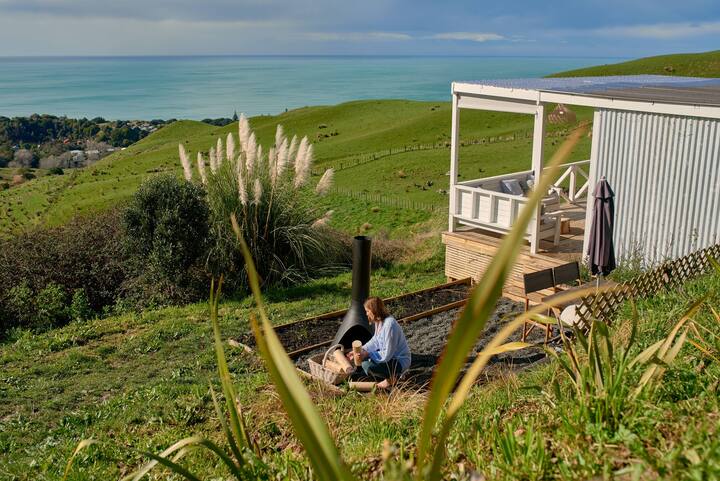NEW ZEALAND
Every door opens more for local economies
Every door opens more for local economies
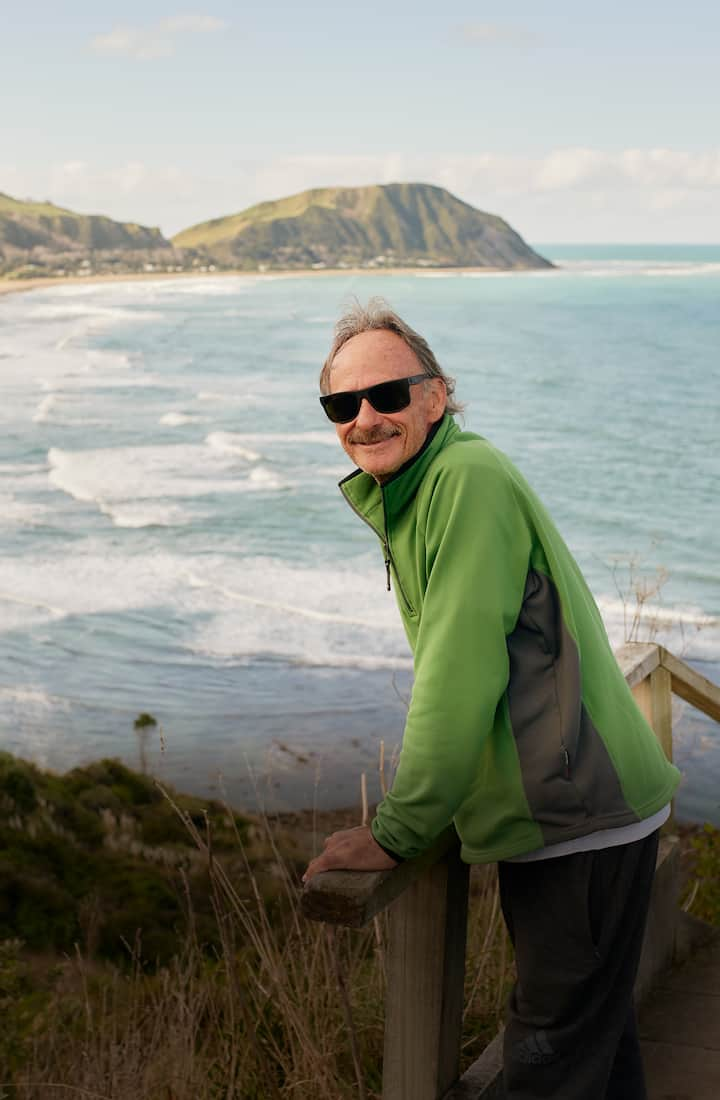
Airbnb’s contribution to New Zealand’s people, places and prosperity.
Airbnb’s contribution to New Zealand’s people, places and prosperity.
Every Airbnb door opens more. A place to stay becomes a place to call home. A host becomes an employer and a guest becomes a contributor. Each of these choices might feel small, but together, they help build something bigger: turning Airbnb into a powerful platform for economic growth.
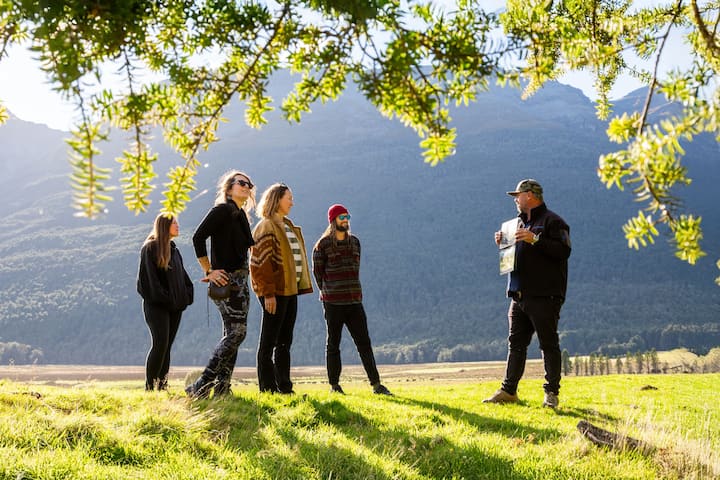
From morning coffee runs in Motueka to bike repair shops in Wanaka, Airbnb supports more than holidays, it supports the rhythm of working lives across Aotearoa. In 2024 7.5% of tourism jobs in New Zealand were associated with Airbnb. In fact, more than 1 in every 100 Kiwi jobs is associated with Airbnb, channeling meaningful impact into communities across Aotearoa.
Download the reportAirbnb’s economic impact in New Zealand
Airbnb’s economic impact in New Zealand
In 2024, Airbnb contributed $ 5.1 billion to New Zealand’s GDP: $ 2.1 billion from direct impact and a further $ 3.0 billion through the ripple effects of guest and host activity. From city centres to rural communities, this supported 33,300 jobs and $ 1.8 billion in wages for everyday Kiwis.
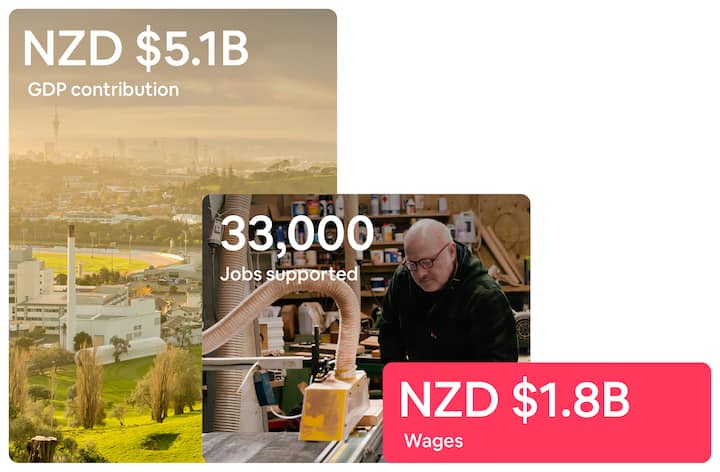
Supporting local communities beyond hosts
Supporting local communities beyond hosts
The value generated by Airbnb extends beyond the hosting transaction, impacting diverse sectors across New Zealand's economy.
Top sectors by GDP contribution
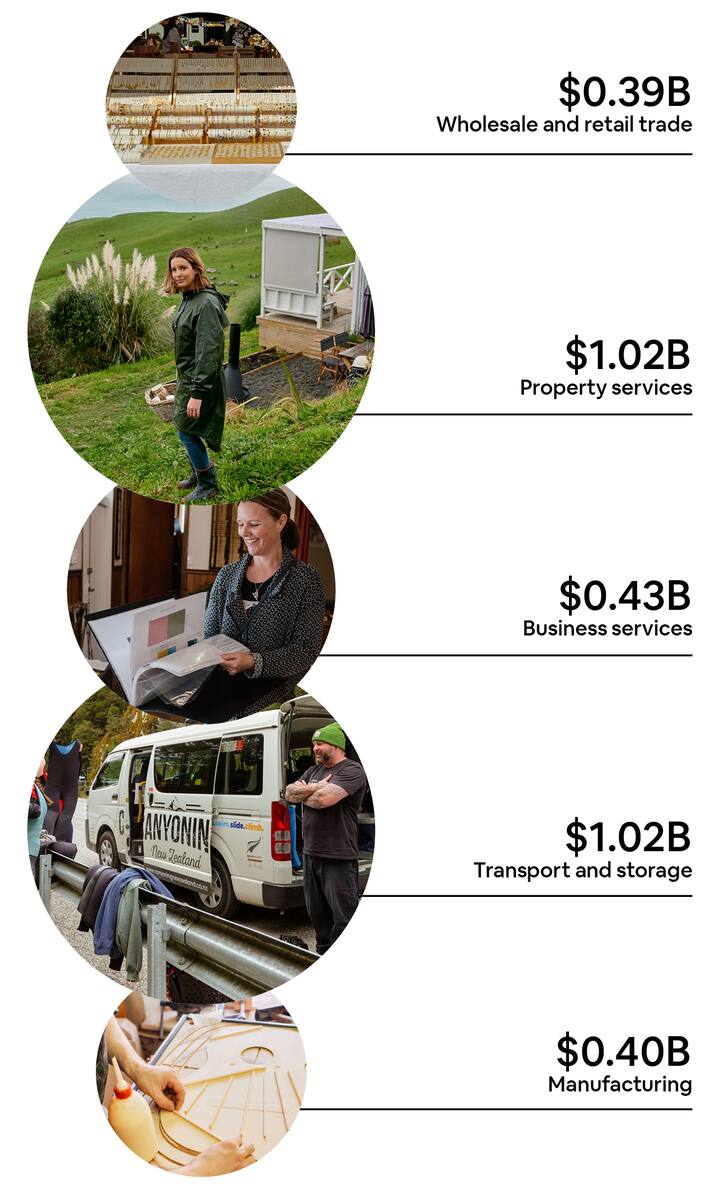
Top sectors by jobs supported
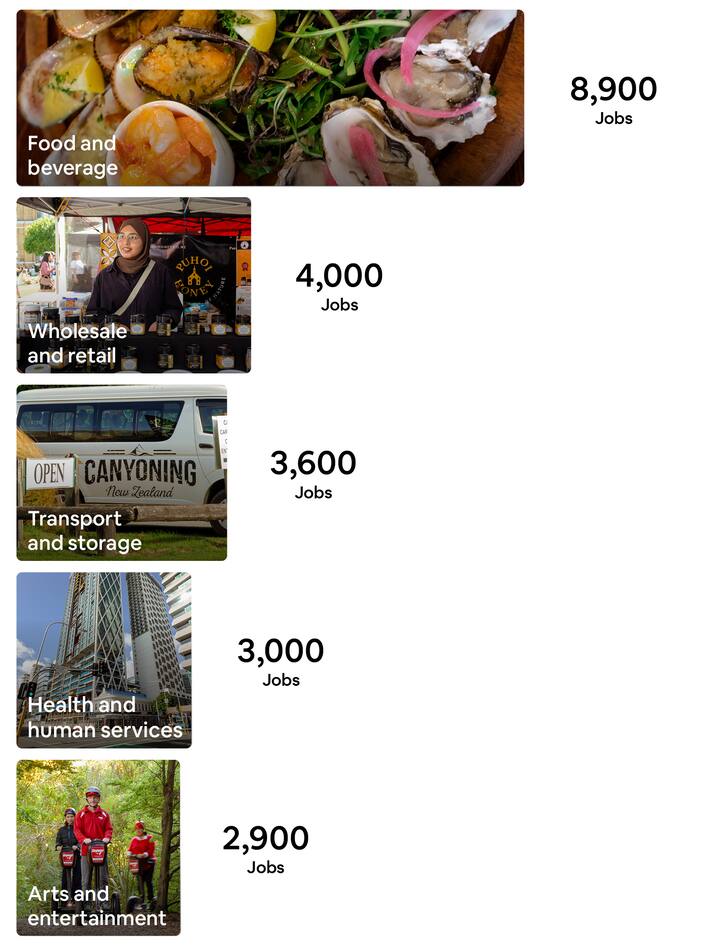
Guest spending typically flows to transport, dining, entertainment and local services. Hosts contribute locally too, relying on contractors, tradespeople and cleaners. These downstream effects help embed the value of tourism within the community and create flexible job opportunities close to where people live.
Download the reportThe guests behind the spend
The guests behind the spend
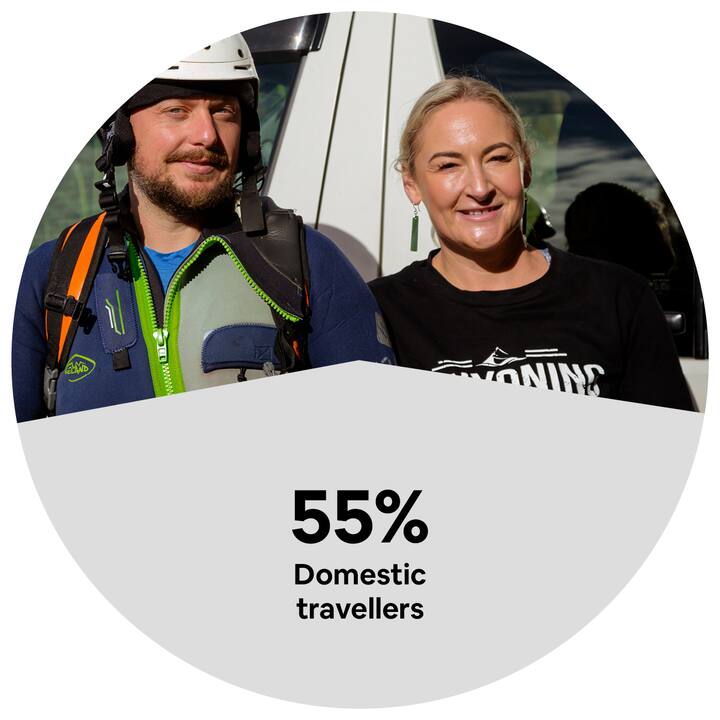
In 2024, 55 percent of Airbnb guests in New Zealand were domestic travellers, reflecting strong internal demand for local stays. From visiting family and friends to exploring New Zealand's unique culture and natural beauty, guests spent an average of $380 per person per day in non-accommodation spending, supporting business and services throughout the country. Be it groceries and fuel, to recreation and dining - each stay contributes to stronger local economies.
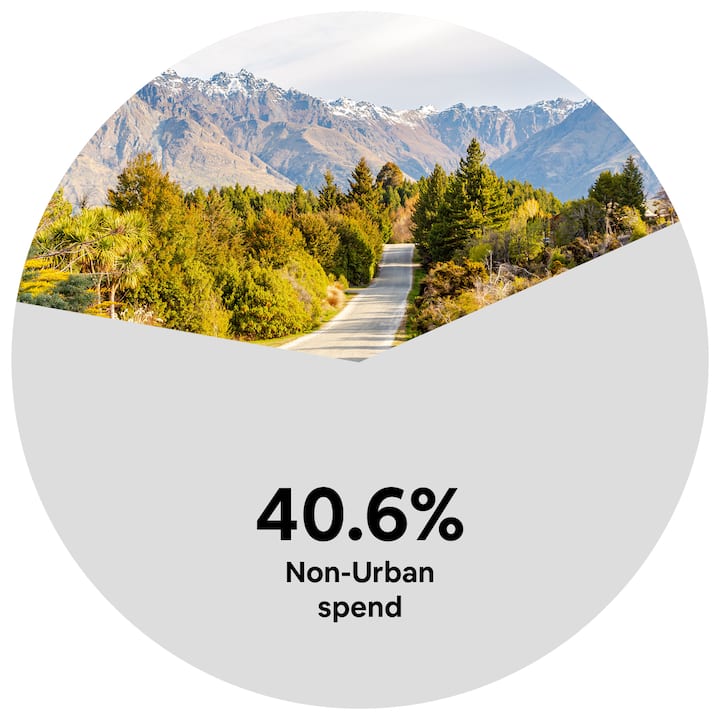
Where they go
In 2024, 40.6 percent of Airbnb accommodation spending occurred outside New Zealand’s major cities, supporting tourism dispersal and encouraging regional exploration. Between 2019 and 2024, the non-urban share of Airbnb’s gross booking value increased by 37.2 percent. This reflects growing demand for travel experiences beyond traditional city destinations and the role of hosts in enabling that shift.
Host spotlight
Each booking sustains more than just a single host. It underpins livelihoods, supports local business, and anchors visitor spending within communities. Across New Zealand, hosts are turning everyday spaces into local tourism infrastructure, opening homes to guests and providing more opportunities in their regions.
Garry
Twizel, New Zealand
“Twizel, obviously it's quite a small town, and it wouldn't necessarily be on people's radar of where to go if there wasn't that destination aspect and the uniqueness of the property. People are amazed at the scenery, the quietness, and the relaxed nature of how Kiwis deal with overseas visitors, I think. It’s just a fun experience. I enjoy listening to people say ‘thanks so much’ and those three words pretty much sum it up.”


About the report
Airbnb commissioned Oxford Economics, a world-leading economic analysis and forecasting firm, to assess the impact of Airbnb’s ecosystem on communities throughout Asia Pacific.
Our work in New Zealand
Related links
Data source: Airbnb, Oxford Economics. Data based on 12 months from 1 January to 31 December 2024.
